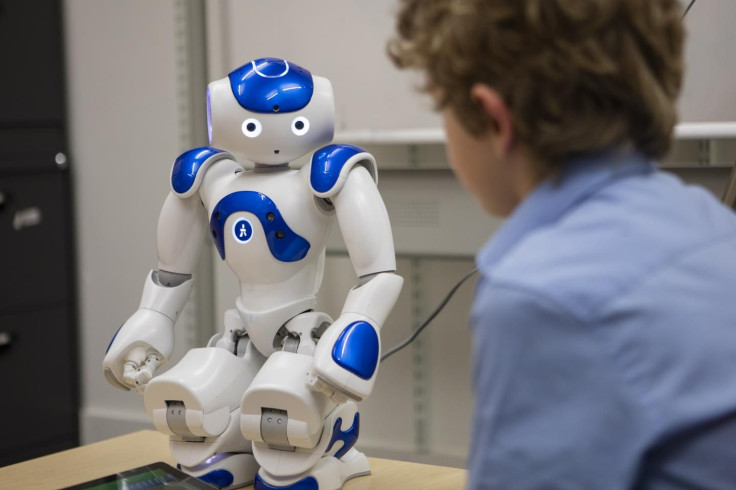Facebook Uses Robots To Improve Its Artificial Intelligence Algorithms

Facebook has been testing self-learning robots in order to improve its utilization of artificial intelligence (AI) and to smarten the world's largest social media platform.
"Working with a variety of robots – including walking hexapods, articulated arms, and robotic hands fitted with tactile sensors – Facebook AI researchers are exploring new techniques to push the boundaries of what artificial intelligence can accomplish," a post written on Facebook's blog last week said.
Facebook's researchers are using these robots to make Facebook smarter by improving its algorithms to stomp out hate speech and disinformation. For example, Facebook's AI failed to take down a video of the New Zealand mosque shooting in March that was livestreamed by the terrorist carrying out the attack, Brendan Tarrant. Facebook is hoping to improve its AI in order to avoid making such a mistake again.
"The better algorithms you develop might be used in other ways within Facebook and the whole society," Roberto Colandra, a research scientist at Facebook said.
One way to test the robots in order to improve AI has been to have the robots figure out how to walk on their own. "Learning to walk is challenging because the robot must reason its balance, location and orientation in space with the help of sensors, such as the sensors on the joints of each of its six legs," the Facebook blogpost continued.
Other tests for the robot include "rolling a ball, moving a joystick, and identifying the right face of a 20-sided die."
The robots are only being used for testing purposes, and Facebook doesn't plan to sell them commercially.
"We are focused on using robotics work that will not only lead to more capable robots but will also push the limits of AI over the years and decades to come," the blogpost said in its conclusion.
© Copyright IBTimes 2024. All rights reserved.





















